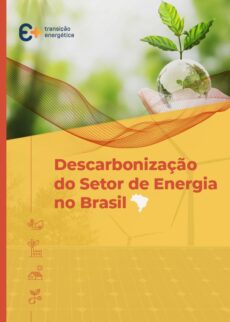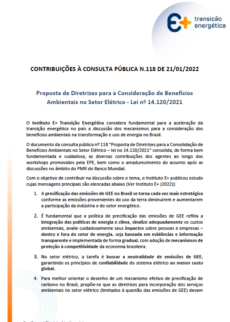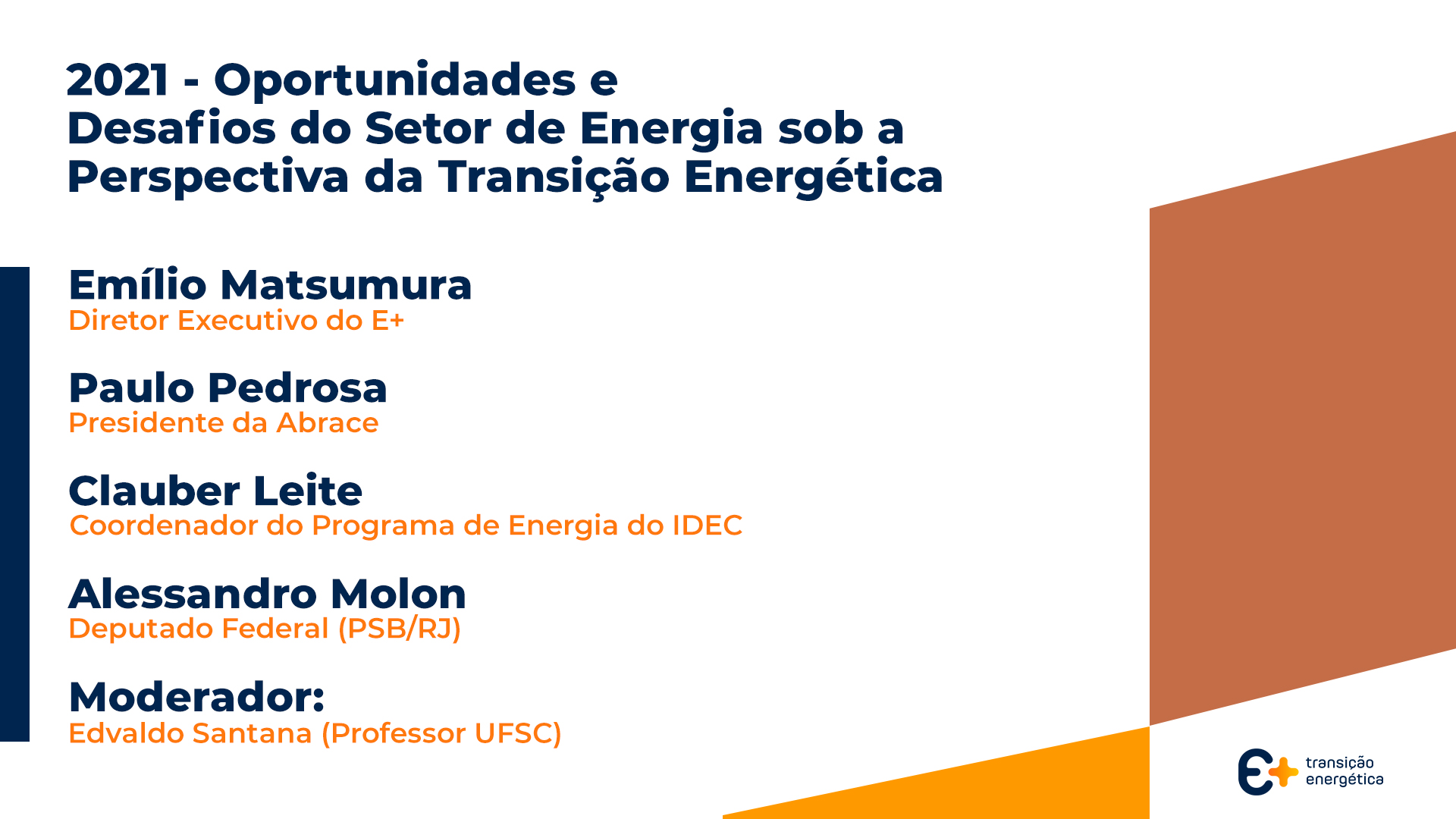
Resumo:
Governments, other jurisdictions, and corporates are making headlines with
high ambition climate target announcements for the mid-century and the midterm.
The implementation of these pledges now requires intensive and radical
policy plans, and in this task the energy sector and the energy transition are
of central importance.
In December 2020, an international group of think tanks working for the energy
transition in major and emerging economies around the world came together to
create the International Network of Energy Transition Think Tanks (INETTT). The
INETTT founding members are from Europe (Germany and Poland), East Asia
(Japan and the Republic of Korea), South-East Asia (Indonesia, Pakistan,
the Philippines, Turkey, Thailand, and Vietnam), Africa (South Africa), and the
Americas (Mexico and Brazil).
As think tanks, our role in the policy process is to help prepare the path for robust
decision making and policy implementation. INETTT’s members undertake
to do research and to prepare policy “homework” in a proactive and strategic
way that does not wait for policy-makers or industry decision-makers to be
ready to seek solutions. Rather, we generate breakthrough analysis and major
policy proposals and use these to accelerate debate into action.
Our proposals are fact-based, stress-tested, and designed to enable crucial
breakthroughs. Our key tools are research and workshops with sector stakeholders
for knowledge sharing. INETTT think tanks provide a trusted dialogue
space where stakeholders share their questions, form new relationships, and
contribute to our robust analyses. The politicians and business leaders making
climate pledges are not making these announcements “out of the blue”.
Relatively few think tanks work on the energy transition – far fewer than focus
on international relations, for example. For this reason, another key activity
of the INETTT members is capacity-building work with the next generation
of experts and decision-makers. By collaborating as a network, INETTT is able
to support nationally based and locally specific work with group synergies, strategies,
and tools, including a data platform that combines global datasets with
local data sources. We can learn from each other’s successes.
INETTT is also beginning to engage in international policy dialogues as a counterparty
to intergovernmental institutions and platforms such as the International
Energy Agency, the International Renewable Energy Agency, and
the Clean Energy Ministerial.






